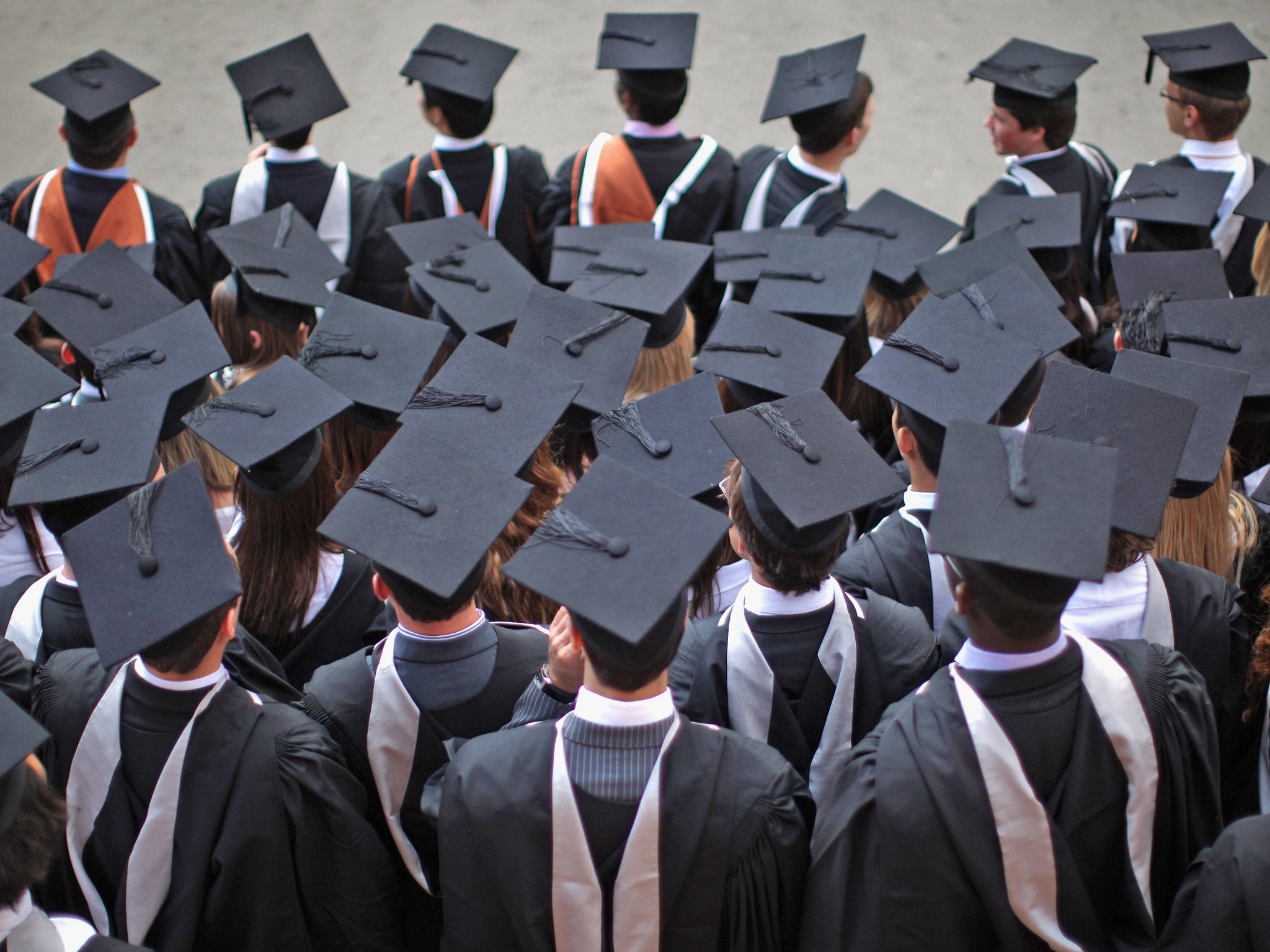Universities receive 20,000 complaints from students 'demanding more' for £9,000 fee
Experts believe this increase shows students want better value for money from their education

Over 20,000 students paying higher tuition fees have made complaints to their universities within the last year - up ten per cent on the previous, a Freedom of Information request has shown.
The Universities Minister David Willetts said this figure shows students are demanding more from their education for the maximum £9,000 fee they can now be expected to pay annually.
The FoI request by the BBC asked 142 universities how many complaints and appeals they had received since 2010. The results from the 120 across the UK who responded revealed the highest number of student complaints being upheld between 2012 and 2013 than ever before.
The amount paid out in compensation by universities has also risen to more than £2 million since 2010, the request found.
Many of the complaints stemmed from students appealing their grades, but others focused on the content or structure of courses.
"If there are more complaints because students are more aware of what they should expect of funding and are more demanding, then I think that's a good thing," Mr Willetts said.
"When there's a fee of £9,000, the university is obliged to show what they're doing and provide a decent service."
Rob Behrens, an independent adjudicator for higher education, said his office had received 2000 complaints in 2012 and has seen a continual year-on-year increase in the past five years.
“I think the decision to raise the fees has had an impact on student thinking," he said. "Students do see themselves more as consumers than they used to. They want the best possible degree they can get.”
This increase has tailed off very recently, which he described as encouraging.
Anglia Ruskin University received the highest number of appeals and complaints - 992 - between 2012 and 2013. A spokesperson for the university said it teaches 32,000 students and has a more generous appeal process than other instituitons. Of the 992, it said fewer than ten were "actually complaints".
"The vast majority were academic appeals where students queried assessment marks or submitted late notification of mitigating circumstances they believe could have affected their performance in an assessment task," the spokesperson said.
“Our process is more generous than other universities. By providing an opportunity for late mitigation to be considered as part of the appeals process, after the main mitigation process has been concluded, our students are able to discuss their situation as part of the appeals process.
"This opportunity has been taken up by a large number of students as they benefit from a more detailed conversation and analysis.”
Join our commenting forum
Join thought-provoking conversations, follow other Independent readers and see their replies
Comments